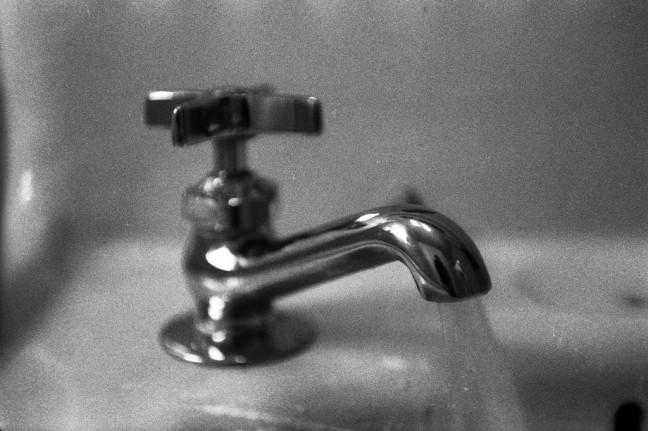While the Republicans in the Wisconsin Legislature have proposed auctioning Wisconsin’s municipal water supplies to the highest bidder, let’s take a moment to remember that in Michigan, more children are ingesting lead and other contaminants due to poor management of water resources.
Republicans argue this bill is necessary to allow municipalities with sub-par water utility systems to sell to private companies who will step in to manage these utilities.
The argument is the government needs money and the water barons can use their size to promote cost savings through economies of scale.
While efficiency in government is important, cutting costs is not a victimless game, even in politics where the money is abstract and the people exist on spreadsheets. Let’s let Flint, Michigan, be an example that cheap options are often cheap for a reason (hint: usually because they aren’t that good) and the reason governments levy taxes in the first place is to provide for the common good.
Dane County residents donate 30,000 pounds of drinking water to Flint, Michigan
As a reminder, lead poisoning is nefarious and irreversible. Children, in particular, are susceptible due to their proclivity to put things in their mouthes and touch everything, which is a poor habit to have if you have lead paint or dust throughout your home. Lead poisoning causes permanent loss of intelligence, reduced impulse control and overall cognitive difficulties that can never be rectified. Across the U.S., an estimated 38 million homes contained lead-based paint in a 2000 study.
It’s a 16-year-old study, but even assuming a robust decline in housing with lead-based paint, there are millions of households interacting with lead daily.
The tragedy in Flint could create a window of opportunity for environmental advocates to push for new protections through divided legislatures. As crass as it is, death, illness and, most importantly, the media coverage of death and illness grease the legislative wheels.
Already, the U.S. Senate is taking up a bipartisan bill to strengthen clean energy and increase standards for efficiency and energy usage that will require replacing antiquated lead-based plumbing systems. While this era of good feelings has limits — Republicans aren’t likely to be joining the climate change party soon — substantial change can be accomplished because of this tragedy.
Frankly, I don’t think the bill to allow municipalities to sell their water supply rights to private companies without a mandatory referendum is the worst thing.
It puts the decision in the hands of people elected and those who have a level of expertise that surpasses the average resident of a community. I don’t trust my neighbor to have an educated and nuanced perspective of the fiscal and structural strength of Madison’s Water Utility and their vote would be entirely based on preconceived notions and whatever propaganda they choose to internalize. Hell, I don’t have a nuanced grasp of the water utility either and would also rely on other people to tell me how to vote.
We have a representative democracy and referendums allow our elected officials to shirk their public duty and hide behind the poll results instead of casting the vote themselves that may be politically unpopular. If voters do not like how the deal turned out, they can kick the bums out of office or gather signatures for a referendum anyway.
This bill is really taking the wrong approach to a critical problem. The state should focus on increasing the available funds for municipalities to run their own water supplies or create regional water authorities that the state can oversee instead of finding quicker ways to dump sub-par water systems.
If ensuring Wisconsinites have good, clean, fresh water to drink is the end goal, as it ought to be, there are better ways to do it than privatizing. Gov. Scott Walker and company are again cutting and trimming when growth should be encouraged.
Adam Johnson ([email protected]) is a master’s candidate at the La Follette School of Public Affairs.














